Wisconsin voters oust multiple legislators in the 2024 primary, setting the stage for a push by Democrats in November
New legislative district maps in Wisconsin combined with incumbent retirements have given Democrats hope they could retake control of the Assembly for the first time since 2011 as voters oust more than a half-dozen lawmakers in the 2024 partisan primary.
Associated Press
August 14, 2024
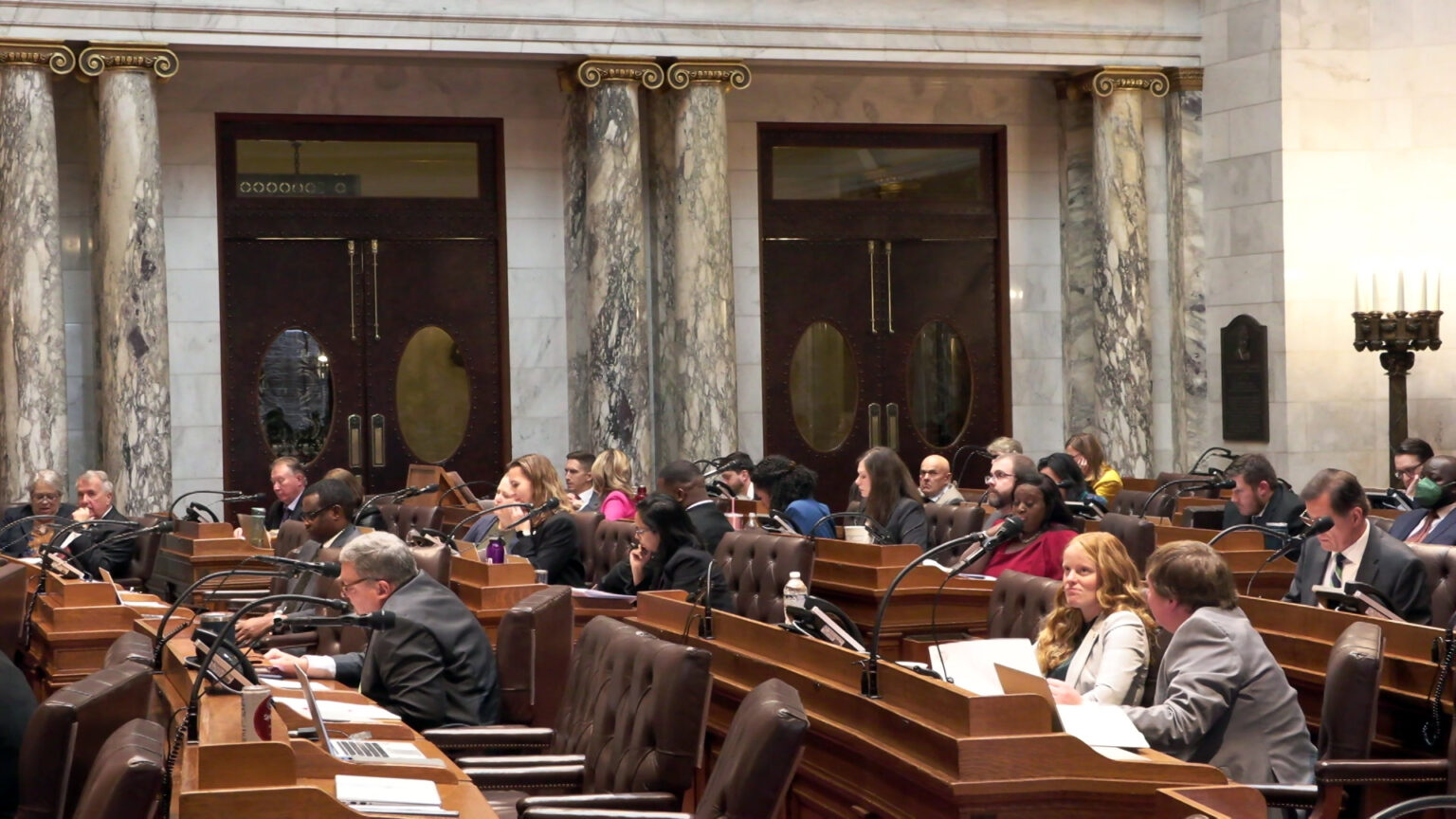
Members of the Wisconsin Assembly participate in a floor session on Nov. 7, 2023. In a partisan primary election held on Aug. 13, 2024, voters ousted more than a half-dozen incumbent lawmakers. (Credit: PBS Wisconsin)

MADISON, Wis. (AP) — The Wisconsin Legislature’s loudest election conspiracy theorist lost her job along with a handful of other incumbent lawmakers in the Aug. 13 primary, solidifying the field of contenders as Democrats prepare to mount a major push to retake control of the Assembly for the first time in almost 15 years.
After the liberal-controlled Wisconsin Supreme Court in December threw out the state’s legislative district maps, the Republican-controlled Legislature adopted new legislative boundaries that Democratic Gov. Tony Evers put forward. The new maps pitted several legislative incumbents against each other. Some chose to retire rather than face a friend in the primary. Others didn’t and it cost them.
In all, seven incumbent legislators lost in the primaries, including Republican Reps. Janel Brandtjen, Peter Schmidt, Michael Schraa and Donna Rozar and Democratic Reps. LaKeisha Myers, Samba Baldeh and Jimmy Anderson.
Perhaps the most notable of the ousted incumbents is Brandtjen, who had represented Milwaukee’s northwestern suburbs in the Assembly since 2014.
She refused to accept that President Joe Biden won Wisconsin in 2020 and called for firing Wisconsin Elections Commission Administrator Meagan Wolfe. She also accused Assembly Speaker Robin Vos of not doing enough to investigate the election results and backed two failed recall efforts against him. While she earned President Donald Trump’s endorsement, Vos barred her from GOP caucuses.
Republican Sen. Dan Knodl opted to run for Brandjten’s Assembly seat after the new maps left him in the same Senate district as Republican Sen. Duey Stroebel. Unofficial results show Knodl easily defeated her on Aug. 13 with 65% of the vote. Brandtjen didn’t return a voicemail on Aug. 14.
Knodl is more moderate than Brandtjen, but he also signed a Jan. 5, 2021, letter with legislators around the country asking then-Vice President Mike Pence to delay certifying Biden’s win. He has since acknowledged Biden won but believes the election was marred by “abnormalities.”
Knodl will face Democrat William Walter in November. Walter serves as executive director of Our Wisconsin Revolution, a group that says it works to mobilize people against “the reckless abuse of power by rich elites.”
In another primary defeat for an election denier, incumbent Republican Sen. Dan Feyen beat former state representative and gubernatorial candidate Timothy Ramthun in the race for a seat representing the Fox Cities. Ramthun made a name for himself by pushing to decertify Biden’s win and garnered support from Trump, but Feyen beat him with 64% of the vote. Feyen will face Democrat Michael Rapp in November.
The new maps pitted Schraa against freshman Rep. Nate Gustafson in a district representing parts of the Fox Cities. Schraa has served in the body since 2012 and has been a leading voice on prison reform, but Gustafson defeated him with about 55% of the vote. Gustafson will face Democrat Kyle Kehoe, a Fox Cities real estate agent, in November.
In central Wisconsin, Rep. John Spiros defeated Rozar in a GOP primary for a seat representing the Marshfield area after the new maps shifted her into Spiros’ district. Spiros will face former Marathon County Supervisor John Small in November.
And in a bizarre twist, the outcome of a Republican primary in northern Wisconsin remained uncertain as of the morning of Aug. 14 due to ballot problems.
Voters in the Douglas County town of Summit were given ballots listing candidates in a Democratic primary in another Assembly district, denying them the chance to vote in a Republican primary in their own district pitting incumbent Rep. Chanz Green against former prison guard Scott Harbridge. The county clerk, Kaci Jo Lundgren, took responsibility for the mistake, saying she didn’t realize that the new legislative maps had moved Summit into a different district.
About 700 registered voters live in Summit. Unofficial results on Aug. 14 showed Green leading Harbridge by 968 votes but Harbridge said he was not conceding and wanted to “figure out what the constitution and stuff says about it.” Green’s voicemail was full on the morning of Aug. 14.
The Associated Press has not called a winner in the race since the results could be challenged.
All the primary drama is only a precursor to November’s contests. The new maps have fueled Democrats’ hopes of making their first substantial gains in the Legislature since 2010.
Democrats have conceded they likely won’t seize control of the Senate in the 2024 but retirements and redistricting left almost 60 of the Assembly’s 99 seats open, giving Democrats a chance of regaining the majority. Democrats already flipped one open Assembly seat representing the Racine area after no GOP candidates registered to oppose Democratic challenger Angelina Cruz.
The primaries determined Democrats won seven open Assembly seats and two open Senate seats outright — no Republicans registered to run in any of those races in November — but they already controlled those seats so the party didn’t gain anything. A Republican also won one open seat in the Assembly outright, with no Democrats registered to run for it, but the GOP already controlled it.
 Passport
Passport




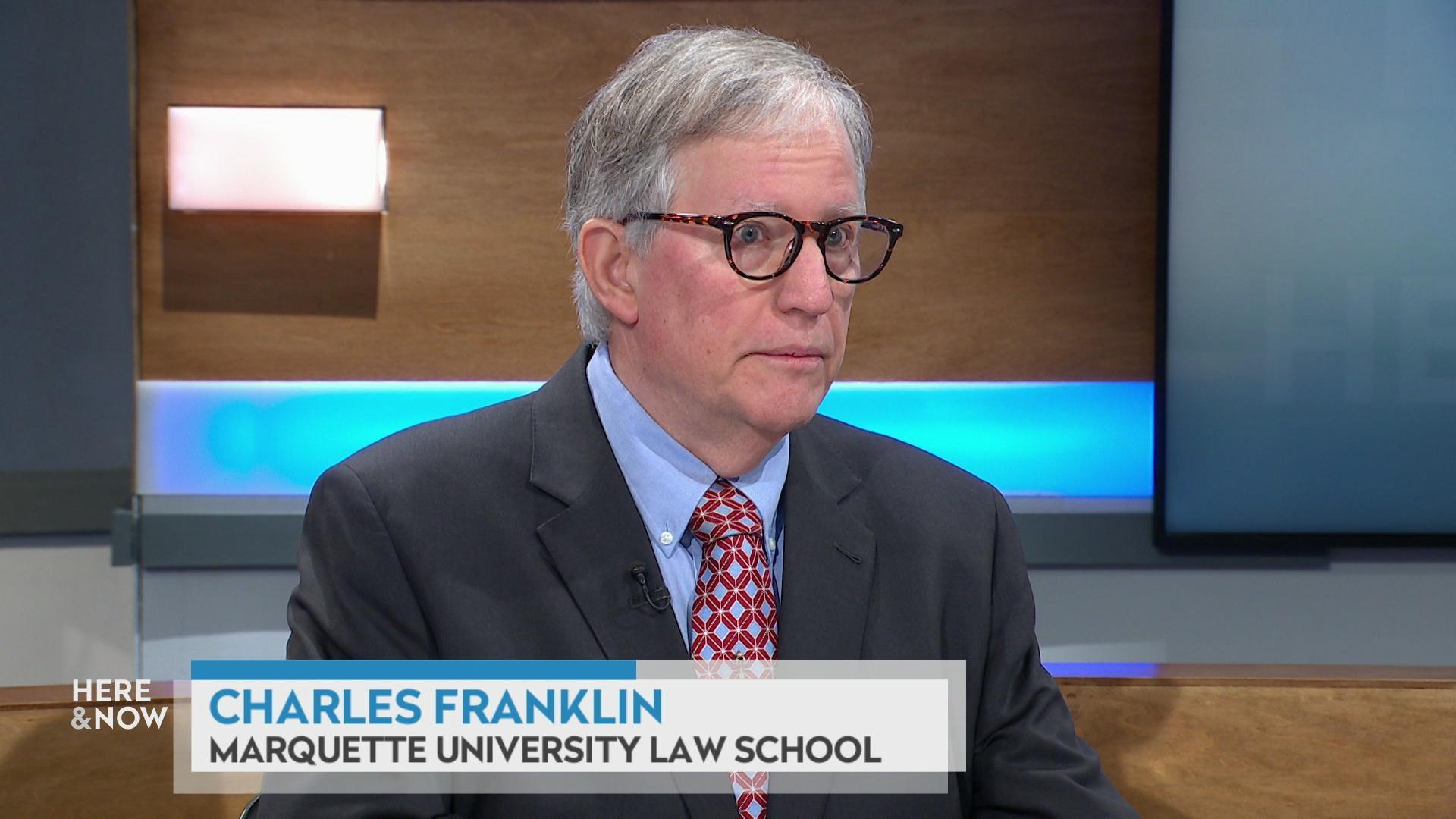

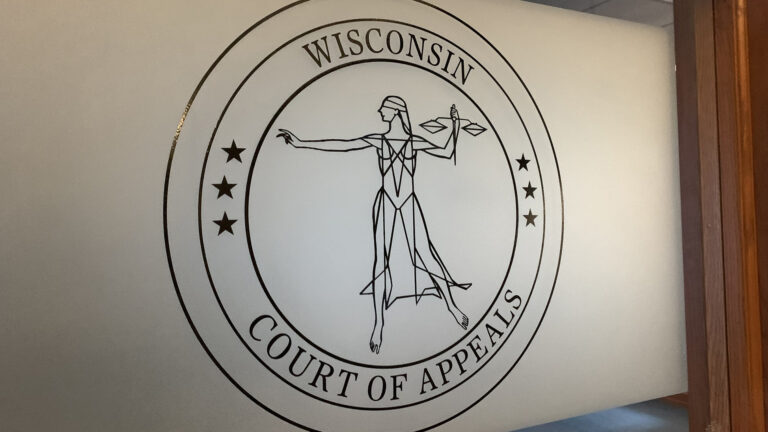
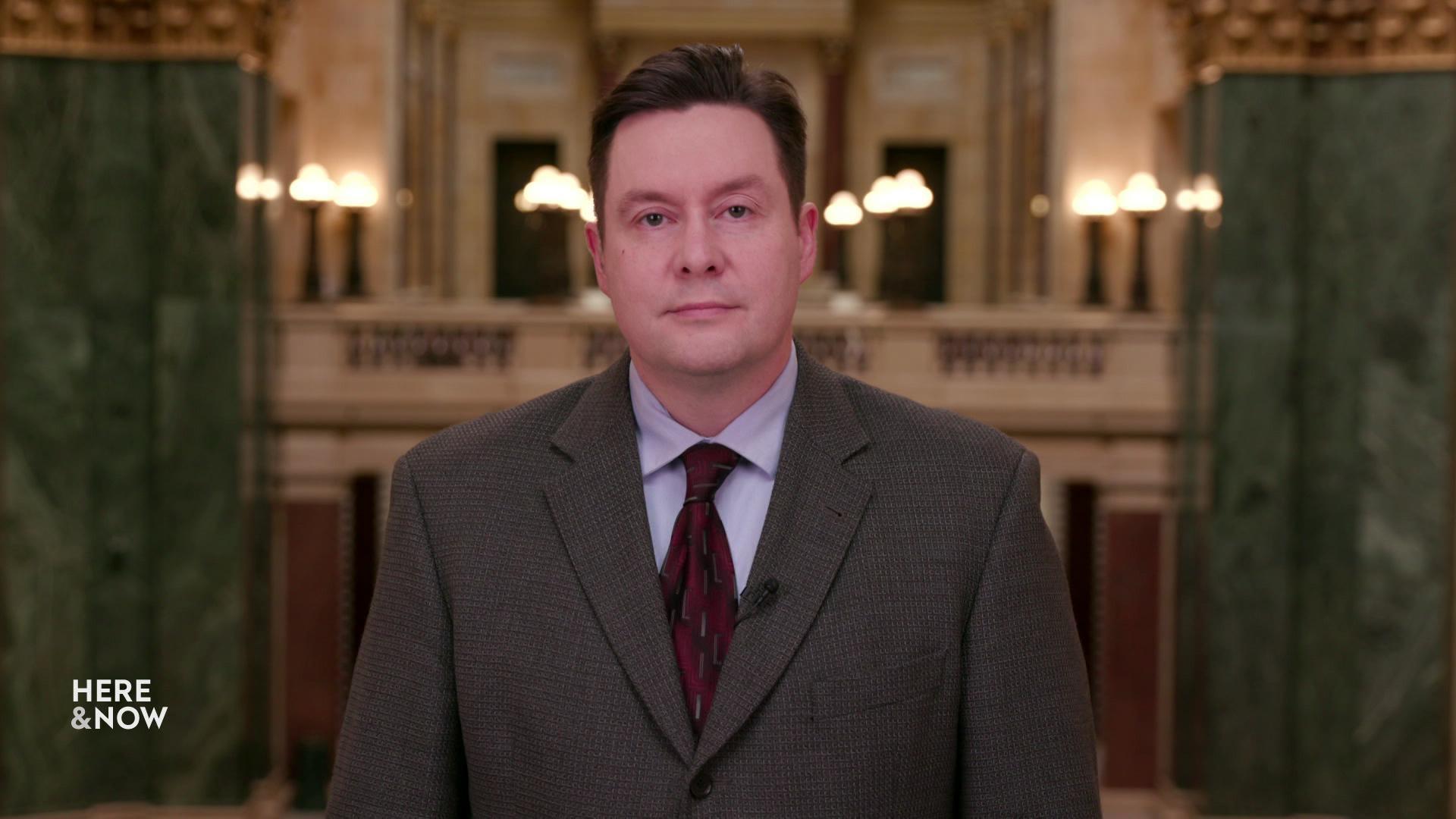
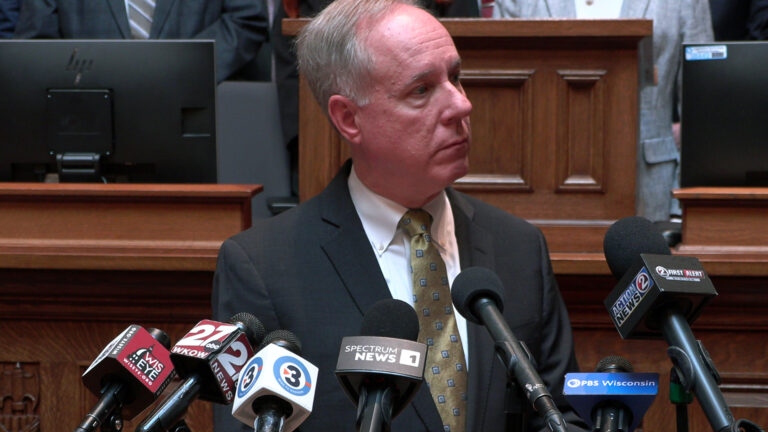


Follow Us